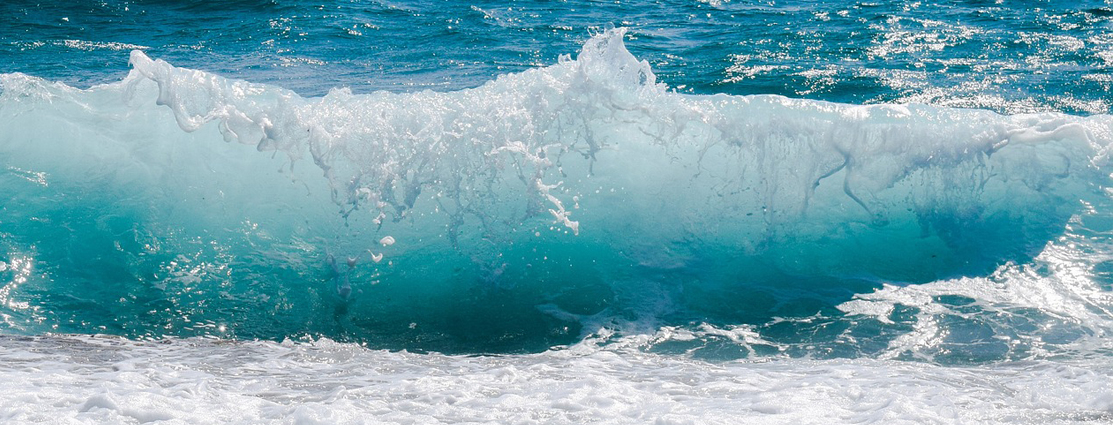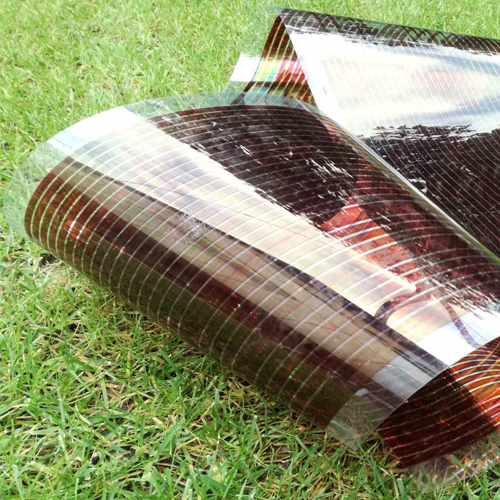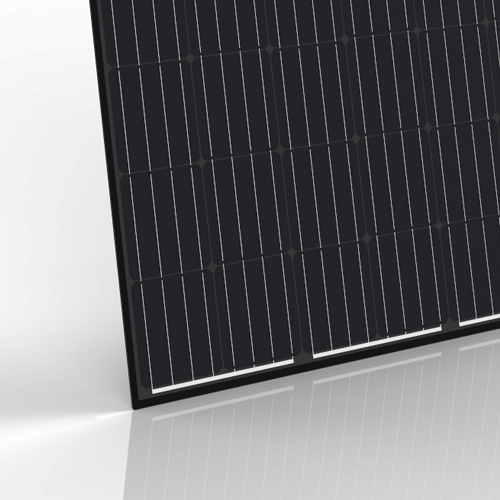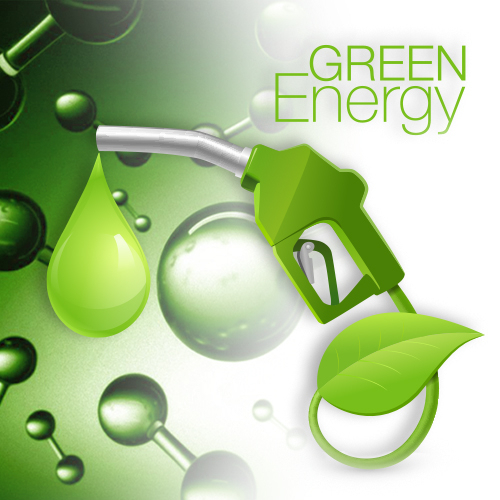The ocean is an inexhaustible source of energy and waves are one of the most efficient ways to capture this potential. Wave energy can be used to power homes, communities and even entire cities! In today’s post we’ll tell you more about using the sea to produce electricity.
Have you heard of wave energy? This is the name of the kinetic energy generated by the movement of ocean waves: and it is 100% sustainable. Devices are needed to capture the movement of the waves and convert it into energy. The equipment used can vary in design and technology, but it generally consists of floating structures with a series of generators that are activated by the movement of the waves. By activating these generators, kinetic energy can be converted into electricity, which can then be distributed or stored.

Advantages of wave energy
- It is 100% clean and does not generate any polluting emissions.
- The waves in the sea never cease, and are therefore a constant and inexhaustible source of energy.
- It is highly resistant to extreme conditions
- It could produce up to 10% of the world's energy in the future.
Although static electricity produced by the sea has great potential, it still has some handicaps, especially when it comes to cost. The technology needed to generate this energy is still under development and is therefore very expensive, which may make it difficult to apply on a large scale. Furthermore, like most energy infrastructures, there is a visual and environmental impact on the marine ecosystem.
- The waves in the sea never cease, and are therefore a constant and inexhaustible source of energy.
- It is highly resistant to extreme conditions
- It could produce up to 10% of the world's energy in the future.
Although static electricity produced by the sea has great potential, it still has some handicaps, especially when it comes to cost. The technology needed to generate this energy is still under development and is therefore very expensive, which may make it difficult to apply on a large scale. Furthermore, like most energy infrastructures, there is a visual and environmental impact on the marine ecosystem.
Are you interested in the world of renewable energies?
Don’t miss our recent posts on the latest innovations in green energy!
 |
 |
 |
The potential of agrovoltaics |
Solar energy at your fingertips: adhesive solar panels |
E-methanol: a sustainable solution |

